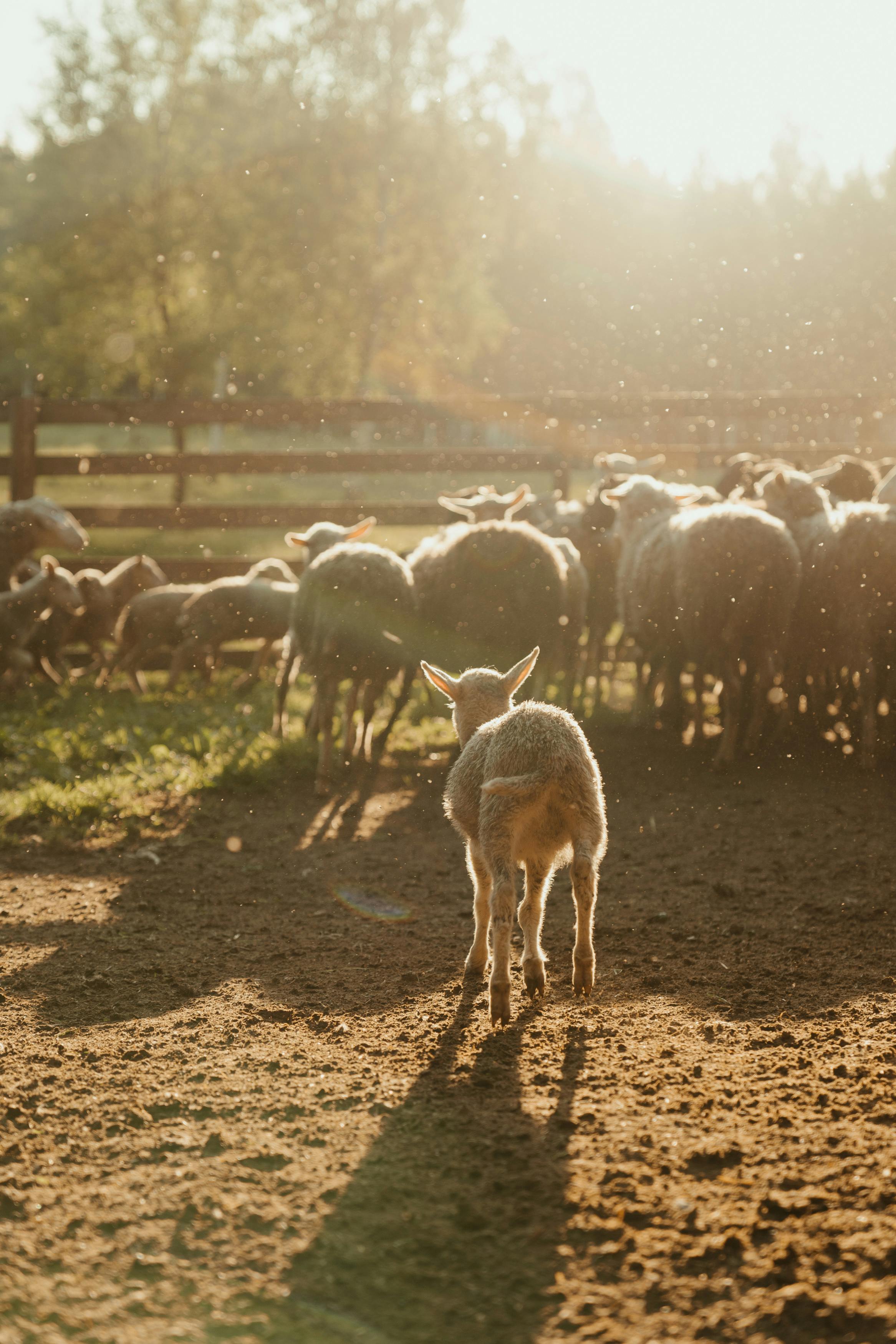Essential Guide to Betta Fish Diet: Optimize Nutrition for Vibrant Health in 2025
Betta fish, known for their vibrant colors and dynamic personalities, require a well-rounded diet to maintain their health and enhance their natural beauty. As a pet owner, understanding the dietary needs of bettas is crucial for their growth and longevity. An appropriate betta fish diet not only ensures optimal nutrition but also plays a vital role in improving their overall well-being. In this extensive guide, we will cover essential aspects of betta fish diet, including feeding habits, types of food, and the necessary nutritional components that contribute to their vibrant health.
This article will also delve into the best food options available for betta fish, such as pellets, flakes, and live or frozen foods, while providing practical tips on how and when to feed them. Whether you're a new aquarist or a seasoned betta enthusiast, you will find valuable insights to help you provide the best nutrition possible for your aquatic companion. Prepare to elevate your betta fish care with our expert recommendations and feeding strategies for the ultimate in fish health.

Understanding Betta Fish Dietary Requirements
Building a comprehensive understanding of betta fish dietary requirements is foundational to providing a healthy environment for these pets. Betta fish are carnivorous by nature; consequently, their diet should primarily consist of high-quality protein sources. As bettas originate from tropical waters, they require a balanced diet rich in essential nutrients to thrive.
The Nutritional Needs of Betta Fish
At the core of a betta's diet lie essential nutrients including proteins, fats, vitamins, and minerals. Protein needs are particularly vital, constituting up to 40% of their overall dietary intake. High-protein foods aid in muscle development, energy levels, and overall activity. This includes options like betta fish pellets and high-grade fish flakes that offer superior nutritional value.
Key Components of Betta Fish Diet
A well-rounded diet for bettas should include various food types that provide the necessary nutrients:
- Proteins: Essential for growth and health, present in pellets, flakes, and live foods.
- Fats: Provide energy; ensure that these are from reliable sources.
- Vitamins and Minerals: Crucial for immune function and general health; supplements can be beneficial.
Incorporating a mix of these nutrients will ensure a healthy diet that supports their vibrant coloration and active behavior.
Evaluating Betta Fish Food Options
When it comes to selecting the best food for betta fish, it’s important to read labels and recognize the ingredients. Look for high-quality brands that list whole fish or fish meal as the primary ingredient. Avoid foods with excessive fillers like wheat or corn, which aren't beneficial for betta nutrition.
Homemade Betta Fish Food
For those interested in a more hands-on approach, preparing homemade betta fish food can ensure optimal nutrition. Recipes may include a mix of fish meat, shrimp, and vegetables blended into a paste, frozen in small portions for easy feeding. Such foods can be tailored to meet the unique protein and nutrient needs of your betta fish.
Feeding Frequency and Schedule
Betta fish thrive on a consistent feeding schedule, typically requiring meals twice a day. Each feeding should consist of small portions that can be consumed within a few minutes. This strategy helps to prevent overfeeding, a common issue among aquarists that can lead to health problems such as obesity and water quality degradation.
Types of Food for Betta Fish
With a clearer understanding of their nutritional needs and dietary requirements, let's explore the various types of food available and how each contributes to a balanced diet.
High-Quality Betta Fish Pellets
Betta fish pellets are often the go-to choice for many fish owners due to their convenience and nutritional formulation. Ensure you select high-quality pellets specifically designed for bettas, which will provide the right protein content and nutritional benefits. Feeding your betta pellets daily introduces a reliable diet that supports health and growth.
Betta Fish Flakes
Another popular option is betta fish flakes. These are particularly beneficial for smaller tanks as they can float on the surface, allowing fish to graze naturally. However, ensure the flakes are ideally formulated for bettas, as generic fish flakes might not meet all of their dietary needs. Keep an eye on portion sizes to avoid overfeeding.
Live and Frozen Foods for Bettas
Incorporating live or frozen foods, such as brine shrimp and bloodworms, can serve as a delightful treat and diversify your betta's diet. Such foods are rich in protein, promoting vibrant colors and lively behaviors. Introduce these foods in moderation to maintain a balanced diet and prevent dietary imbalances.

Vegetable Diet Options for Betta Fish
While bettas are primarily carnivorous, offering small amounts of vegetables can provide additional fiber. Certain vegetables, such as finely shredded spinach or zucchini, can be safely included occasionally. These can aid digestion and mimic the natural, varied diet of bettas in the wild.
Betta Fish Treats and Supplements
Supplementing the diet with marketed betta fish treats can also enhance their health and nutrition. Various supplements are available that include vitamins and minerals specifically designed to boost immune systems and improve overall vitality. Always choose high-quality products to ensure they meet your betta's specific needs.
Feeding Tips and Best Practices
Providing the perfect diet for your betta can be an evolving practice that requires observation and adjustments. Understanding the feeding habits of your fish ensures a healthy, enjoyable experience for both you and your aquatic companion.
Feeding Strategies for Optimal Health
To ensure your betta thrives, consider implementing the following feeding strategies:
- Implementing varying food types will help provide a broader range of nutrition.
- Observe your betta's eating habits closely; adjust portions according to their appetite.
- Avoid feeding during water changes or when the fish seems stressed; consistency aids in alleviating stress.
By integrating these strategies, you're not only supporting your fish's health but also enhancing their quality of life.
Avoiding Common Feeding Mistakes
Many aquarists unknowingly make common feeding mistakes such as overfeeding or providing inadequate food types. Overfeeding can lead to health problems, while a monotonous diet fails to fulfill their nutritional needs. By practicing portion control and diversifying their diet, you can prevent these issues and cultivate vibrant health.
Monitoring Betta Fish Health
Regularly monitoring your betta's physical condition can also offer insights into the success of their feeding regimen. Watch for signs of health such as clear color, active behavior, and good appetite. If your betta shows any signs of lethargy or color fading, it may be time to reassess their diet and seek advice.
Betta Fish Feeding Frequency
Maintaining a suitable feeding frequency plays an important role in their health. A feeding schedule of twice a day is typically recommended, with small amounts provided depending on their size and age. Regular timing supports their feeding habits and contributes to consistent growth.
Customized Feeding Plans for Bettas
Consider tailoring feeding plans based on your betta's age, size, and activity level. Younger or more active bettas may require slightly higher nutrition compared to older or less active fish. A personalized feeding plan leads to optimal health and longevity, fostering a happy aquatic companion.
Ensuring Long-Term Betta Fish Health
In conclusion, a well-planned diet is crucial for the long-term health and vitality of betta fish. Understanding their nutritional requirements and choosing the best food options available sets the foundation for thriving aquarium life. A balanced blend of quality pellets, flakes, and occasional live foods will complete their dietary needs while ensuring their coloration remains vibrant.
Making Informed Food Choices
While selecting foods for your betta, ensure to choose brands known for quality and transparency. Reading reviews from other aquarists can help; they can share insights into their experiences with different products. The right choices lead to better feeding experiences and overall health benefits.
FAQs: Common Betta Fish Feeding Questions
Understanding betta feeding habits and dietary needs can often raise various queries. Here, we address some of the most common questions surrounding a betta fish diet:
1. How often should I feed my betta fish?
Betta fish should generally be fed twice a day, with only as much food as they can consume within 2-3 minutes during each feeding.
2. Can I give my betta fish vegetable food?
Yes, while bettas are primarily carnivorous, small amounts of vegetables can be beneficial for their digestive health.
3. How do I know if I’m overfeeding my betta fish?
Signs of overfeeding include leftover food in the tank after feeding, a bloated appearance in your betta, or declining water quality.
4. What is the best food for betta fish?
High-quality betta fish pellets specifically formulated for their dietary needs are one of the best feeding options. Supplementing with live or frozen food is also recommended for variety.
5. Are homemade betta fish foods viable?
Yes, homemade foods can be beneficial as long as they include appropriate nutrients, such as protein from fish or shrimp and vitamins from vegetables.
By following these feeding guidelines and best practices, you’ll ensure your betta fish receives the optimal nutrition necessary for robust health and vibrant color. Remember, healthy diet choices lay the groundwork for a happy, thriving pet!
